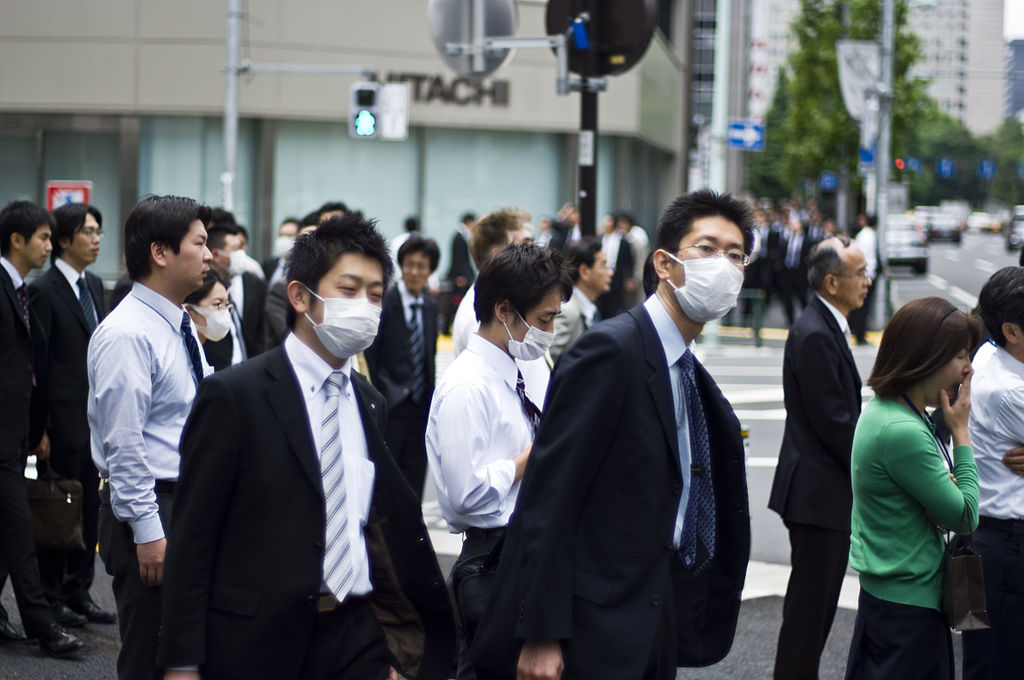Inhaled drug PUL-042 could thwart bio-attacks and mitigate pandemics
Photo: Wikimedia Commons
A new inhaled therapy offers intense, short-term protection for the lungs from bacterial, fungal and viral pathogens that cause infectious diseases, say researchers at the Texas A&M Health Science Center and the University of Texas MD Anderson Cancer Center.
Initially designed to prevent pneumonia in cancer patients, the drug could also serve as a countermeasure to seasonal epidemics, global pandemics and bioterror attacks. It remains effective in a patient’s system for three to four days.
The drug, PUL-042, recently entered human clinical trials through Houston-based biotechnology company Pulmotect, Inc.
“The lungs are the point of entry for many viruses and bacteria. We hypothesized that activating the innate immune defense of the lungs might provide effective protection against a wide range of deadly pathogens,” said Magnus Höök, regents and distinguished professor at the Health Science Center’s Institute for Biosciences and Technology in Houston and co-founder of Pulmotect. “Based on our theory, we created a drug that stimulates the innate immune system, leading to rapid protection against many deadly lung infections.”
#TAMUresearch


